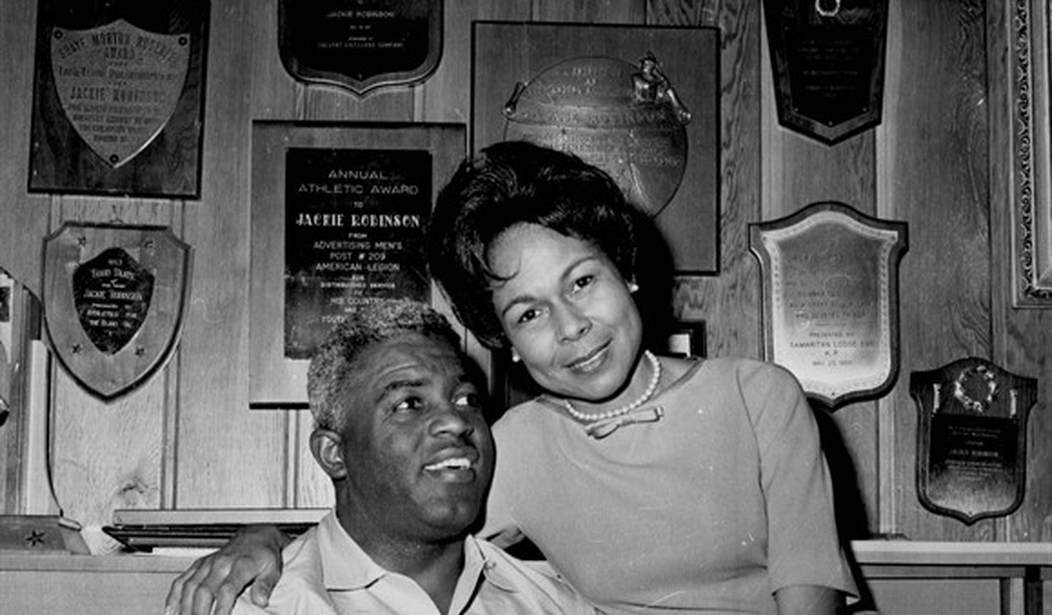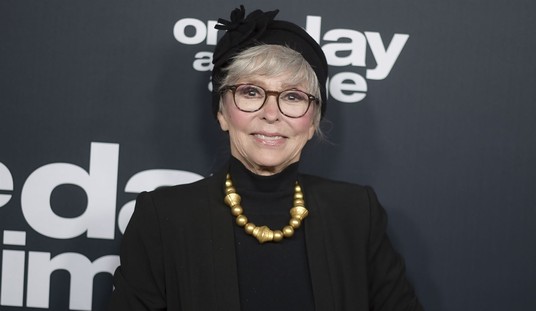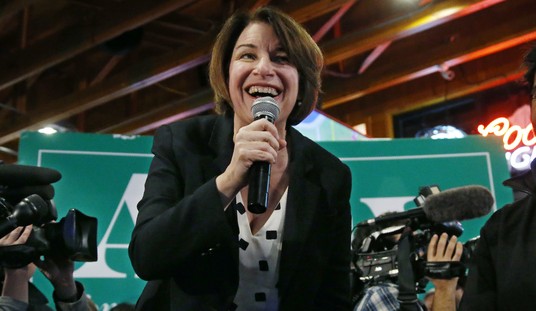Valentine’s Day must be one of the most befuddling holidays of the year for many Black conservatives. After all, it’s about 6 weeks after elected officials are sworn into office. It’s right smack in the middle of Black History Month. It’s also the “holiday of love”.
And yet, it’s also right about the time when they find out – annually – that as lovers of the American Dream, free-market principles, and the promise of our Constitution, they are often soundly deemed “too White” for a majority of their Black families and community members. Yet, just the same, the middle of February is also right about the time when they are roundly reminded – annually – that as embracers of Black History Month, acknowledgers of the unique challenges that African-Americans have always faced, and believers in equitable colorful inclusion within our nation (versus the inane rhetoric of a “color-blind” society), they are often called “too Black” by their conservative and Republican cohorts, both to their faces and behind their backs.
It’s not a heartbreaking dilemma for all Black conservatives on February 14, though. For some, it’s merely part of the deal. Some deem the public existence of Black conservatism as a “labor of love” because, to them, it’s just that: a toil for a grift. The actions to put food on the table during the day has become an acceptable tradeoff for the inability to look in the mirror at one’s self at night. Therefore, there is likely not much love involved – for community or self.
After all, for some, it’s just transactional. We all have needs.
For others, the need has morphed into the desire to be embraced in a disjointed fashion, stripping away a characteristic of an identity just as a snake sheds its skin. There is no pretension to embrace the fullness of one’s person or the potential within one’s ability to heal, enlighten, or lead as a result of who one is. Instead, the focus is on ignorant plays to crowds over Black History Month elimination or ad nauseam defenses of tragic police interactions, vigilante punks, and systemic racism within employment.
Those that seek that full 15 minutes of fame this way while looking at broken watches never quite find the time.
In many regards, the Black conservative love story in America has become tragic, at least for now, mostly because the dynamic is one of an abusive relationship – a lover caught between the image of what her beloved desires and the reality of what the present moment is calling for her to be. On all sides, Black conservatism has been trotted out as a novel example of diversity – on television, on radio, in communities, and in print. And yet, despite the pyrrhic victories of increased placement within the mainstream media and other platforms, the Black conservative movement that lives within the empowered legacy of Frederick Douglass and Jackie Robinson are encouraged by most to eschew the balanced and outspoken love that these leaders from the 19th and 20th centuries exhibited for both the United States and Black America.
Black conservative voices are most empowered within circles on the political right when they speak with White voices, think with White minds, and distance themselves from any acknowledgment that Black America disproportionately suffers today from a boutique of maladies that stem from issues that were never adequately resolved in America. Within this realm, a harrowing number of Black conservatives work against the best interests of Black people with their words and deeds, acting in a manner more loyal to brand value and celebrity than Constitutional values and a consistency of truth.
Transversely, many Black conservatives are not substantively embraced within minority and urban communities without admonishing party members and political maneuvers to the point of hardly recognizing their right-leaning principles anymore. At that point, the title “Black conservative/Republican” is more a moniker than a unique value-add to society that can make a difference. It’s akin to calling one’s self a Hip Hop Republican while rocking more Prince songs in your earbuds than Public Enemy. It gets difficult to “fight the powers that be” if one is too far away from accessing the power that needs to be changed. Change always occurs within the halls of government, not solely outside the structures of power with megaphones, chants, and banners.
And yet, there is certainly something to being a Black conservative that is willing to stand with the likes of Douglass and Robinson, even if that means standing alone. Determining who stands with Douglass and Robinson versus delineating the beneficiaries of minstrel show checks and trend-setting opportunities is not for me or others to make. History will show that through the layout of vision, words, deeds, and collaborations over time. No amount of social media presence or quick-tarnishing awards can reflect its significance.
Being a Black conservative is not a labor of love, despite what your favorite pundit might extol. Black History Month and Valentine’s Day (should) remind Black conservatives that our existence in this moment in American history is an obligation of love where efforts are done for their own sake. It’s akin to the joy a parent feels in toiling to get that favorite Christmas gift in the closing hours on Christmas Eve. It can be irritating. It can lead down a lot of twisting roads. It can prompt feelings of being unappreciated and overlooked. Yet, that joy is not a joy given by those we serve out of love; it is the joy we receive knowing that what we do sets our civic fabric in a better direction because of our actions.
Being a Black conservative in America is never a job; it is a relationship with those that hurt more than they can express and fear more than they will ever admit. Our role – more often than not – is to hear the words that are spoken and unspoken, address the obvious and the “elephant in the room”. Our calling is to understand conservatism much better than any pundit yelling into a microphone while understanding people much better than wonks living in the ivory tower worlds of academia and think tanks. Our solutions must have more warmth and depth than even the best of political campaign speeches and they must be driven with a persistence that ensures that change will cross the finish line – even as we refuse to cross certain lines along that journey.
Being a Black conservative is not easy, but love is not easy. Hate is easier than love. It is easier to hate an underdog than it is to embrace both the quintessential American underdog – Black people in America since the 1400s – and embrace the most improbable nation-state in modern history: the American Experiment. Apathy is easier than love. It is easier to cast jaundiced eyes at generational poverty and woes in Black America and ignore everything from redlining (and its impact on Black wealth and our education system) to the correlating tenures of note-worthy events such as affirmation action (60 years) and Jim Crow (roughly 90 years).
Yet love is strong, pliant, forgiving, and empowering. It is in all circumstances – and it must be during the walk of Black conservatives to fulfill all we must be in America. As Black conservatives in this month, we must be in love more than anyone can ever like us – and we must live within an empowering and diverse truth that exceeds any box any other American could ever try to put us in.














Join the conversation as a VIP Member